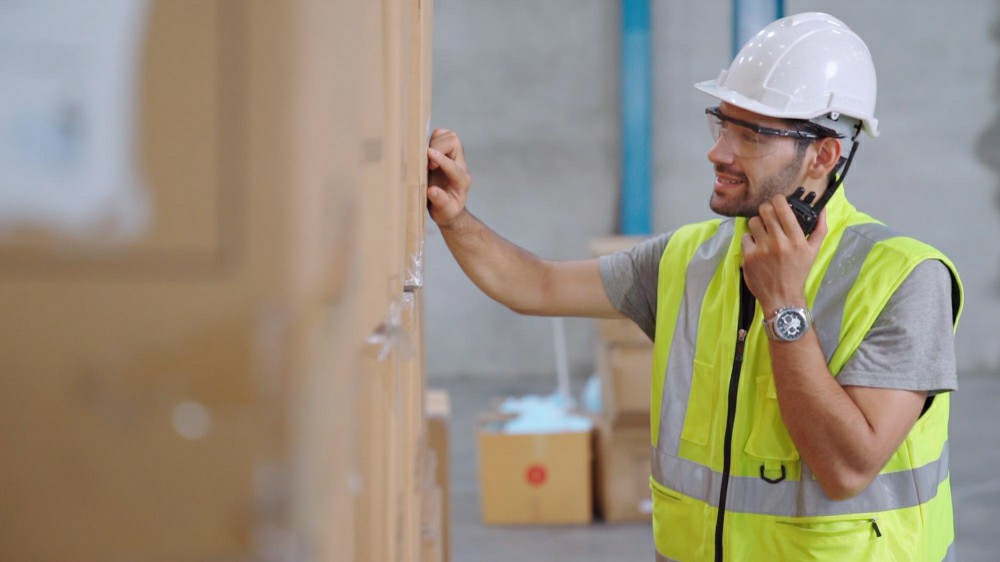


 349,500 Offered Certificates
349,500 Offered Certificates
 24/7 Online Training
24/7 Online Training
 Money Back Guarantee
Money Back Guarantee
 Fully Accredited Courses
Fully Accredited Courses

Created at: 28-02-2025 14:32
In today's fast-paced work environment, workplace safety is crucial, especially in industries such as construction, healthcare, and warehousing. Proper manual handling training not only promotes worker safety but is often a legal requirement in Ireland. With the rise of online learning, getting certified in manual handling has never been easier. In this blog post, we'll explore the significance of online manual handling certification, its impact on workplace safety, and how you can prevent injuries effectively.
Manual handling refers to any activity that involves lifting, carrying, pushing, or pulling objects. The safety and health authorities in Ireland have set specific legal obligations regarding manual handling to prevent workplace injuries. Employers must ensure that their staff is adequately trained in safe lifting techniques and aware of ergonomic practices to minimize the risk of musculoskeletal disorders (MSDs).
With the increasing demand for flexible learning, online manual handling training offers numerous benefits:
Implementing proper lifting techniques can significantly reduce the risk of injuries associated with manual handling. Here are some safe lifting practices to incorporate:
Ready to get certified? Here’s how to enroll in an online manual handling course:
Manual handling training is essential across various sectors, including:
Investing in online manual handling certification is not just about legal compliance but about promoting a safety-first culture within your organization. By equipping your employees with the necessary skills and knowledge, you enhance workplace efficiency and significantly reduce the risk of injuries.
Enroll in our Online Manual Handling Course today and ensure a safer working environment for your team! Visit Irish Manual Handling Training to get started.
For any inquiries regarding courses, please contact us at [email protected].